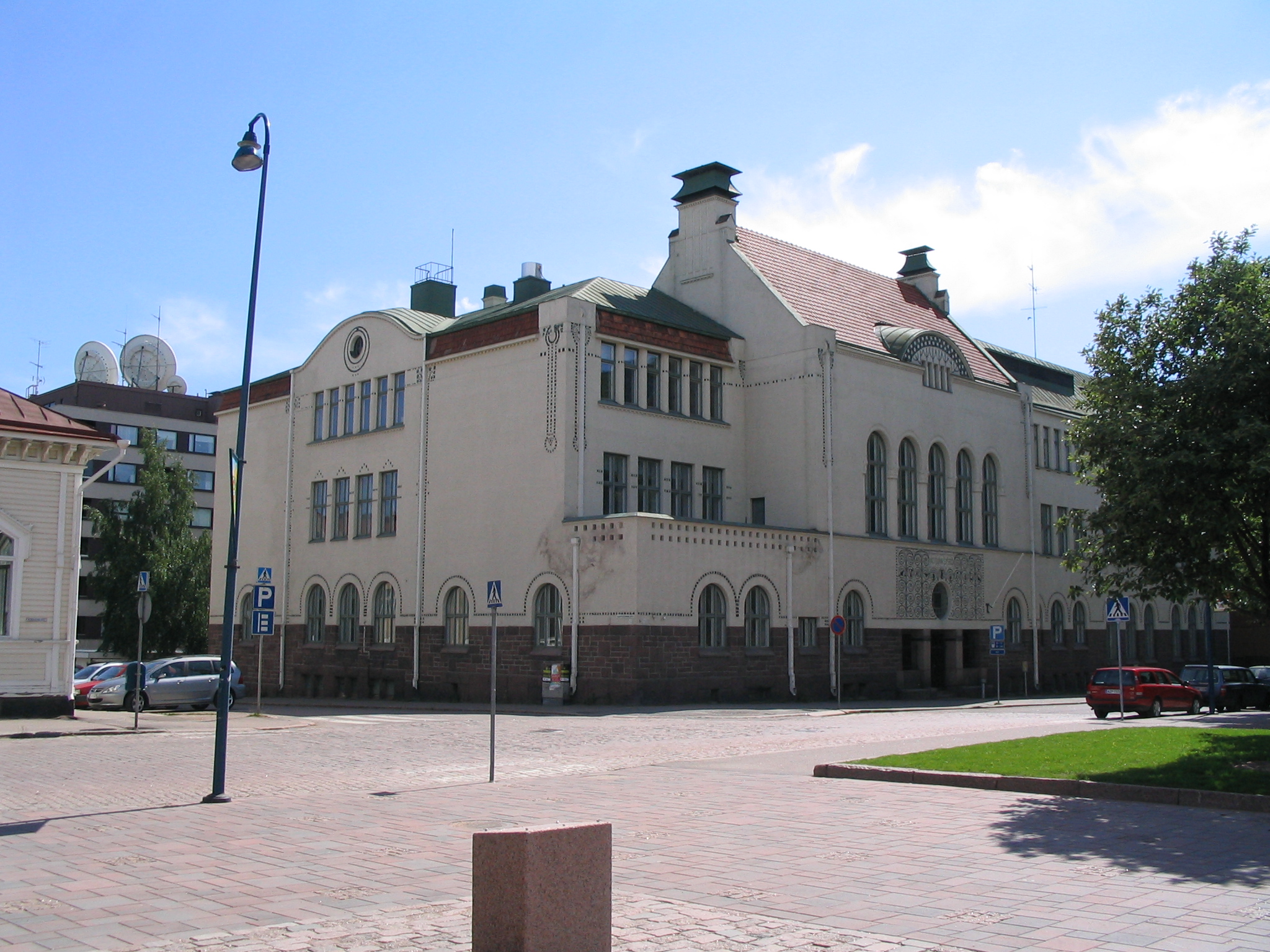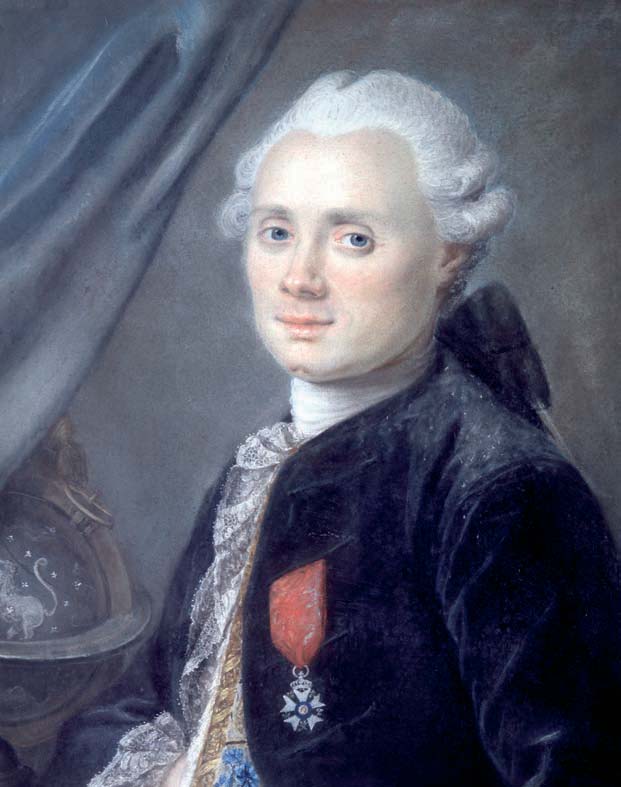|
Archdiocesan Classical Gymnasium (Zagreb)
The Archdiocesan Classic Gymnasium (, often referred to by the abbreviation NKG) is a Catholic high school located on 106 Voćarska Road in the neighborhood of Šalata in Zagreb, Croatia. The school implements a program highlighting the classical culture and history, having students learn the Latin and the Ancient Greek. The school promotes Catholicism and serves as a public preparatory school for the Interdiocesan Boys' Seminary, a seminary for future Catholic priests located in the same building complex. History The school was the successor to the Archdiocesan Lyceum. The Lyceum was founded in 1854 as a part of the Theology seminary. The school was founded in 1922 as the Archdiocesan Grand School (), a boys-only school. In 1931 its name was changed to the name it bears today. In 1948 the communist regime of Josip Broz Tito denied official recognition to the school due to its religious ties. The school didn't stop operating, though. A military hospital was built nearby on the ... [...More Info...] [...Related Items...] OR: [Wikipedia] [Google] [Baidu] |
Zagreb
Zagreb ( ) is the capital (political), capital and List of cities and towns in Croatia#List of cities and towns, largest city of Croatia. It is in the Northern Croatia, north of the country, along the Sava river, at the southern slopes of the Medvednica mountain. Zagreb stands near the international border between Croatia and Slovenia at an elevation of approximately above mean sea level, above sea level. At the 2021 census, the city itself had a population of 767,131, while the population of Zagreb metropolitan area is 1,086,528. The oldest settlement in the vicinity of the city was the Roman Andautonia, in today's Šćitarjevo. The historical record of the name "Zagreb" dates from 1134, in reference to the foundation of the settlement at Kaptol, Zagreb, Kaptol in 1094. Zagreb became a free royal city in 1242. In 1851, Janko Kamauf became Zagreb's List of mayors of Zagreb, first mayor. Zagreb has special status as a Administrative divisions of Croatia, Croatian administrative ... [...More Info...] [...Related Items...] OR: [Wikipedia] [Google] [Baidu] |
Lyceum
The lyceum is a category of educational institution defined within the education system of many countries, mainly in Europe. The definition varies among countries; usually it is a type of secondary school. Basic science and some introduction to specific professions are generally taught. History ''Lyceum'' is a Latin rendering of the Ancient Greek (), the name of a ''gymnasium (ancient Greece), gymnasium'' in Classical Athens dedicated to Apollo Lyceus. Lyceum (classical), This original lyceum is remembered as the location of the peripatetic school of Aristotle. Some countries derive the name for their modern schools from the Latin but use the Greek name for the ancient school: for example, Dutch has (ancient) and (modern), both rendered ''lyceum'' in English (note that in classical Latin the ''C'' in was always pronounced as a ''K'', not a soft ''C'', as in modern English). The name ''lycée'' was retrieved and utilized by Napoleon in 1802 to name the main secondary educatio ... [...More Info...] [...Related Items...] OR: [Wikipedia] [Google] [Baidu] |
Educational Institutions Established In 1854
Education is the transmission of knowledge and skills and the development of character traits. Formal education occurs within a structured institutional framework, such as public schools, following a curriculum. Non-formal education also follows a structured approach but occurs outside the formal schooling system, while informal education involves unstructured learning through daily experiences. Formal and non-formal education are categorized into levels, including early childhood education, primary education, secondary education, and tertiary education. Other classifications focus on teaching methods, such as teacher-centered and Student-centered learning, student-centered education, and on subjects, such as science education, language education, and physical education. Additionally, the term "education" can denote the mental states and qualities of educated individuals and the academic field studying educational phenomena. The precise definition of education is disputed, an ... [...More Info...] [...Related Items...] OR: [Wikipedia] [Google] [Baidu] |
List Of Astronomical Observatories
This is a partial list of astronomical observatories ordered by name, along with initial dates of operation (where an accurate date is available) and location. The list also includes a final year of operation for many observatories that are no longer in operation. While other sciences, such as volcanology and meteorology, also use facilities called observatories for research and observations, this list is limited to observatories that are used to observe celestial objects. Astronomical observatories are mainly divided into four categories: space-based, airborne, ground-based, and underground-based. Many modern telescopes and observatories are located in space to observe astronomical objects in wavelengths of the electromagnetic spectrum that cannot penetrate the Earth's atmosphere (such as ultraviolet radiation, X-rays, and gamma rays) and are thus impossible to observe using ground-based telescopes. Being above the atmosphere, these space observatories can also avoid the effects ... [...More Info...] [...Related Items...] OR: [Wikipedia] [Google] [Baidu] |
Croatian Coat Of Arms
The coat of arms of the Republic of Croatia () consists of one main shield and five smaller shields which form a crown over the main shield. The main coat of arms is a checkerboard that consists of 13 red and 12 white fields. It is also informally known in Croatian as ''Croatian checkerboard, šahovnica'' ("chessboard", from ''šah'', "chess"). The five smaller shields represent five different historical regions within Croatia. The checkerboard as a heraldic symbol of Croatia was introduced in the late 15th century, and officially since 1527 election in Cetin, replacing the Coat of arms of Dalmatia, original coat of arms of the Kingdom of Croatia and Dalmatia. Official description Croatian law describes the coat of arms as follows: ''The coat of arms of the Republic of Croatia is the historical Croatian coat of arms in the form of a shield twice divided horizontally and vertically into twenty-five red and white (silver) fields, so that the first field in the upper left corner i ... [...More Info...] [...Related Items...] OR: [Wikipedia] [Google] [Baidu] |
Messier Catalogue
The Messier objects are a set of 110 astronomical objects catalogued by the French astronomer Charles Messier in his ' (''Catalogue of Nebulae and Star Clusters''). Because Messier was interested only in finding comets, he created a list of those non-comet objects that frustrated his hunt for them. This list, which Messier created in collaboration with his assistant Pierre Méchain, is now known as the ''Messier catalogue''. The Messier catalogue is one of the most famous lists of astronomical objects, and many objects on the list are still referenced by their Messier numbers. The catalogue includes most of the astronomical deep-sky objects that can be easily observed from Earth's Northern Hemisphere; many Messier objects are popular targets for amateur astronomers. A preliminary version of the catalogue first appeared in 1774 in the ''Memoirs'' of the French Academy of Sciences for the year 1771. The first version of Messier's catalogue contained 45 objects, which wer ... [...More Info...] [...Related Items...] OR: [Wikipedia] [Google] [Baidu] |
VIDI
Vidi may refer to: * Vidi, Kutch, a village in Kutch district, Gujarat, India * Vidi Aldiano, Indonesian singer * Vidi (magazine), a computer magazine * Fehérvár FC Fehérvár Football Club (commonly known as ''Fehérvár'', ''Vidi'', or ''MOL Fehérvár Football Club'' for sponsorship reasons), is a Hungarian professional football club based in Székesfehérvár, which plays in the Nemzeti Bajnokság II ..., commonly known as Vidi, a Hungarian football club * Vidi, Prince of Albania * Vidi, the unknown author of the 1853 parody novel Mr. Frank, the Underground Mail-Agent {{dab ... [...More Info...] [...Related Items...] OR: [Wikipedia] [Google] [Baidu] |
Observatory
An observatory is a location used for observing terrestrial, marine, or celestial events. Astronomy, climatology/meteorology, geophysics, oceanography and volcanology are examples of disciplines for which observatories have been constructed. The term ''observatoire'' has been used in French since at least 1976 to denote any institution that compiles and presents data on a particular subject (such as public health observatory) or for a particular geographic area (European Audiovisual Observatory). Astronomical observatories Astronomical observatories are mainly divided into four categories: space observatory, space-based, airborne observatory, airborne, ground-based, and underground-based. Historically, ground-based observatories were as simple as containing a mural instrument (for measuring the angle between stars) or Stonehenge (which has some alignments on astronomical phenomena). Ground-based observatories Ground-based observatories, located on the surface of Earth, are u ... [...More Info...] [...Related Items...] OR: [Wikipedia] [Google] [Baidu] |
Deacon
A deacon is a member of the diaconate, an office in Christian churches that is generally associated with service of some kind, but which varies among theological and denominational traditions. Major Christian denominations, such as the Catholic Church, the Oriental Orthodox Churches, the Eastern Orthodox Church, Lutheranism, Presbyterianism, Methodism, and Anglicanism, view the diaconate as an order of ministry. Permanent deacons (or distinctive deacons) are those who do not later transition to another form of ministry, in contrast to those continuing their formation who are then often called transitional deacons. Origin and development The word ''deacon'' is derived from the Greek word (), which is a standard ancient Greek word meaning "servant", "waiter", "minister", or "messenger". Recent research has highlighted the role of the deacon "as a co-operator" and "go-between," emphasizing their intermediary position in early Christian communities. It is generally assum ... [...More Info...] [...Related Items...] OR: [Wikipedia] [Google] [Baidu] |
Declaration Of Independence
A declaration of independence is an assertion by a polity in a defined territory that it is independent and constitutes a state. Such places are usually declared from part or all of the territory of another state or failed state, or are breakaway territories from within the larger state. In 2010, the UN's International Court of Justice ruled in an advisory opinion in Kosovo that "International law contains no prohibition on declarations of independence", though the state from which the territory wishes to secede may regard the declaration as rebellion, which may lead to a war of independence or a constitutional settlement to resolve the crisis. List of declarations of independence See also * Independence referendum * List of national independence days * List of sovereign states by date of formation * Political history of the world * Separatism Separatism is the advocacy of cultural, ethnic, tribal, religious, racial, regional, governmental, or gender separation fr ... [...More Info...] [...Related Items...] OR: [Wikipedia] [Google] [Baidu] |





